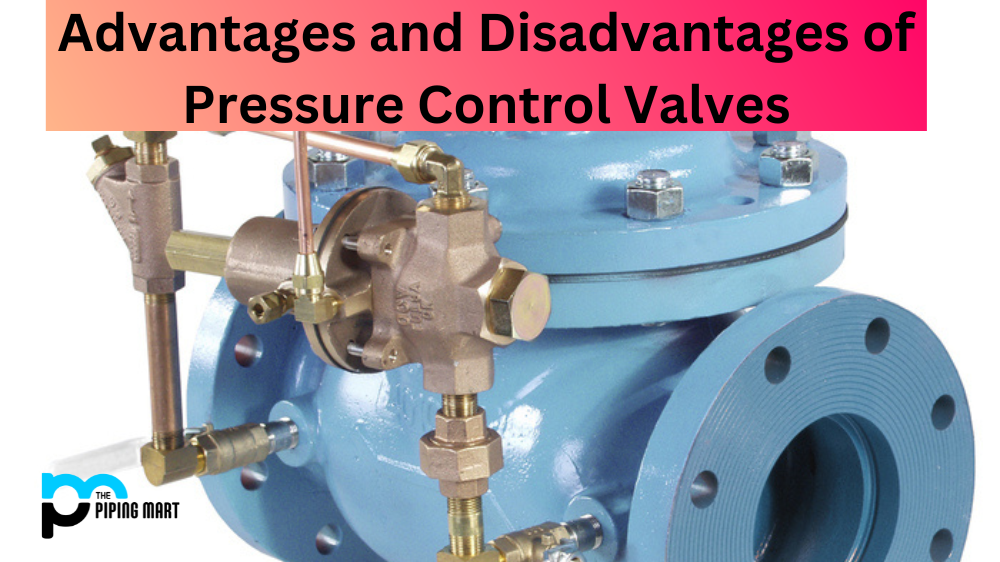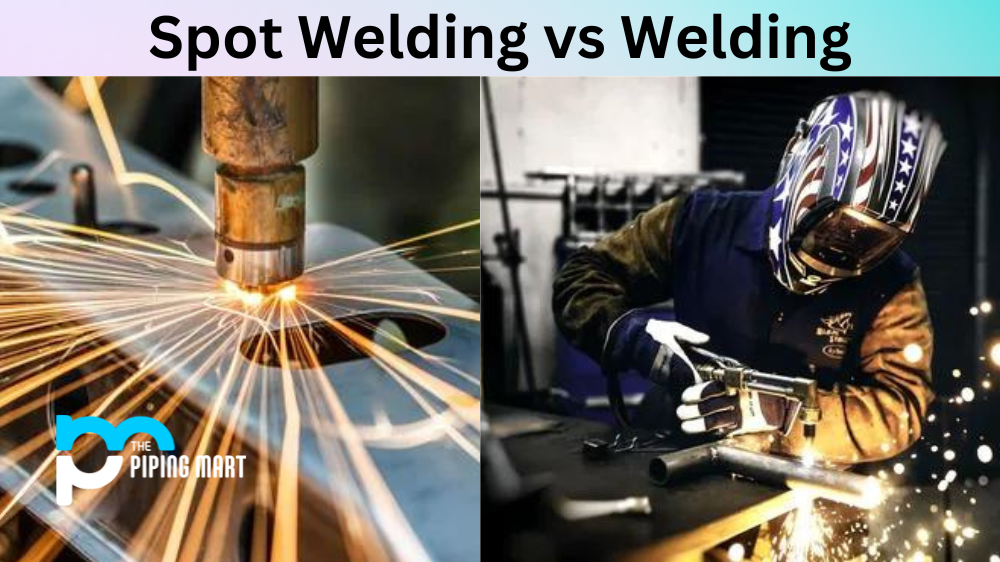Pressure control valves are an essential part of any commercial or industrial system, as they regulate pressure and maintain a safe level for the equipment. While these valves are incredibly useful, there are certain advantages and disadvantages that every user should be aware of before installing them. Let’s take a closer look at some pros and cons of using pressure control valves.
Advantages of Pressure Control Valves
The primary advantage of a pressure control valve is that it helps limit the amount of pressure in a system. Without one, too much pressure can build up and cause damage to sensitive equipment, leading to costly repairs or replacements. Additionally, these valves help reduce energy costs by ensuring that no more power than necessary is used to operate a system.
Another benefit is that most modern pressure control valves are made with durable materials like stainless steel and brass, making them highly resistant to corrosion. This ensures they last longer and require less frequent maintenance than other types of valves. Finally, since these valves come in different sizes and designs, you’re sure to find one that perfectly fits your needs without breaking the bank.
- Pressure control valves help to regulate the pressure in a system.
- Pressure control valves can help to improve the efficiency of a system by preventing pressure buildup.
- Pressure control valves can help to protect equipment from damage by preventing excessive pressure.
- Pressure control valves can help to reduce energy consumption by preventing pressure loss.
- Pressure control valves can help to improve the safety of a system by preventing overpressurization.
Disadvantages of Pressure Control Valves
The biggest disadvantage of using a pressure control valve is that it requires frequent maintenance in order for it to work properly. If the valve isn’t maintained regularly, then it may not perform optimally, which could lead to higher energy costs or even damage to sensitive equipment if too much pressure builds up in the system. Additionally, some types of control valves can be difficult to install due to their size or complexity, so you may need professional help with installation if needed.
- Pressure control valves can be expensive.
- Pressure control valves can be difficult to install.
- Pressure control valves can be difficult to maintain.
- Pressure control valves can be prone to leaks.
- Pressure control valves can restrict flow.
Conclusion:
Overall, pressure control valves are an invaluable tool for businesses looking to maintain optimal operating conditions in their systems while avoiding costly repairs or replacements resulting from too much pressure buildup. Despite their advantages, though, users must remember that proper maintenance is key in order for these devices to work correctly and keep energy costs down while protecting sensitive equipment from potential damage due to high pressures. For those interested in taking advantage of the benefits provided by a pressure control valve, then consider speaking with a professional who can help you find the right one for your needs today!

A passionate metal industry expert and blogger. With over 5 years of experience in the field, Palak brings a wealth of knowledge and insight to her writing. Whether discussing the latest trends in the metal industry or sharing tips, she is dedicated to helping others succeed in the metal industry.




